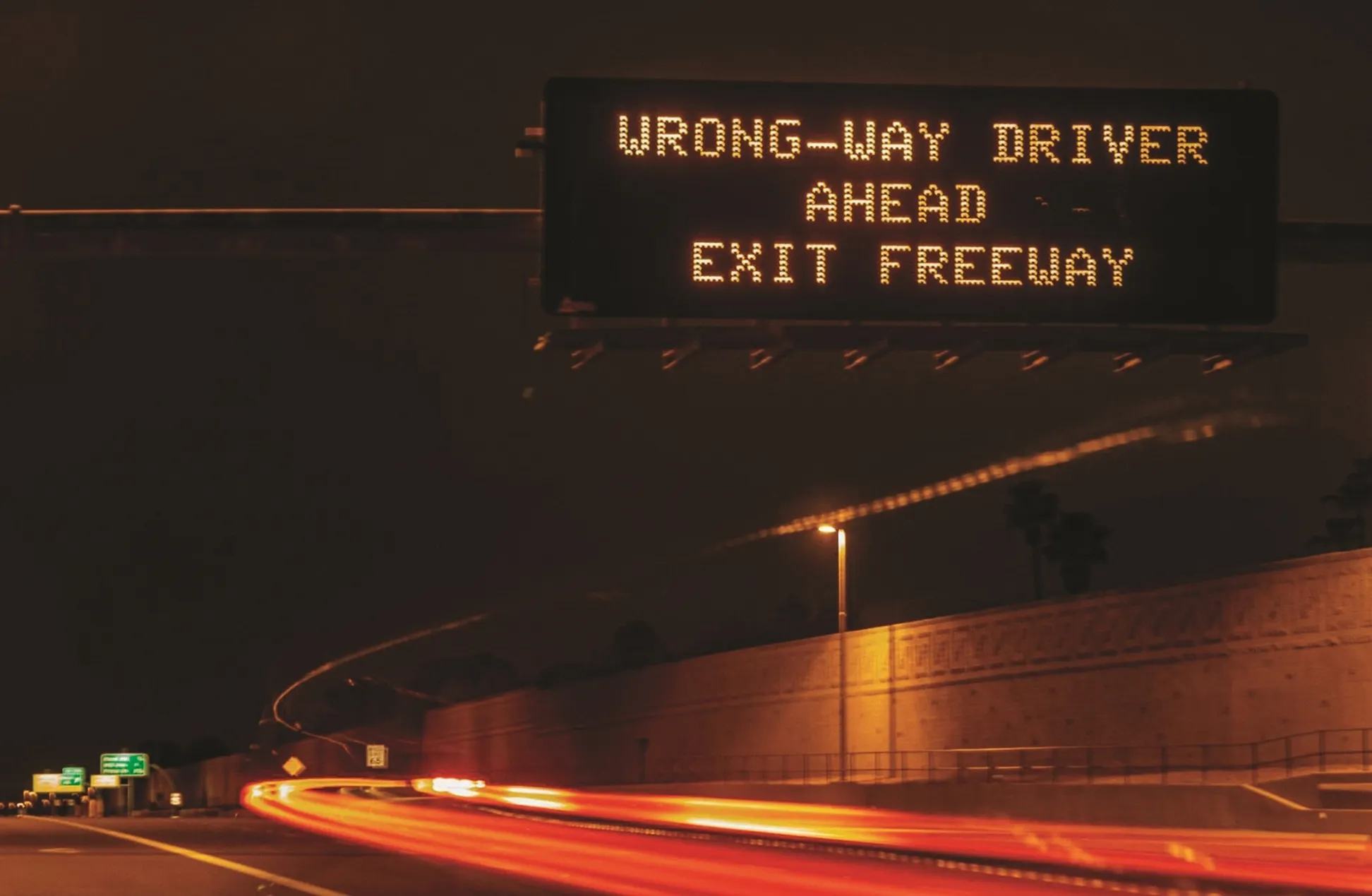The Colorado Department of Transportation (CDOT) has released phase 1 of CDOT Mobile – The Official App, its new, free Smartphone mobile application for travellers, which launches with the I-70 mountain corridor, which is used an average of 30,000 vehicles each day. The app is designed specifically to improve the travel experience on Colorado roadways by making critical information such as highway conditions and traffic information more accessible, dynamic and interactive. There is no cost to the taxpayer,
September 25, 2012
Read time: 2 mins
The 5701 Colorado Department of Transportation (CDOT) has released phase 1 of CDOT Mobile – The Official App, its new, free Smartphone mobile application for travellers, which launches with the I-70 mountain corridor, which is used an average of 30,000 vehicles each day. The app is designed specifically to improve the travel experience on Colorado roadways by making critical information such as highway conditions and traffic information more accessible, dynamic and interactive.
There is no cost to the taxpayer, or to CDOT, in the development of CDOT Mobile, which is funded in several ways, including through the sale of advertising and sponsorship on the app.
CDOT Mobile will provide travellers with real time information on speeds and travel times; road conditions; road closures and other traffic-related incidents; road work, including construction and maintenance activities; feeds from CDOT’s closed circuit television cameras.
The next phase of the app, which will focus on the I-25 corridor, will be added to the application this winter. Phase three will focus on other highways throughout the rest of the state.
There is no cost to the taxpayer, or to CDOT, in the development of CDOT Mobile, which is funded in several ways, including through the sale of advertising and sponsorship on the app.
CDOT Mobile will provide travellers with real time information on speeds and travel times; road conditions; road closures and other traffic-related incidents; road work, including construction and maintenance activities; feeds from CDOT’s closed circuit television cameras.
The next phase of the app, which will focus on the I-25 corridor, will be added to the application this winter. Phase three will focus on other highways throughout the rest of the state.









